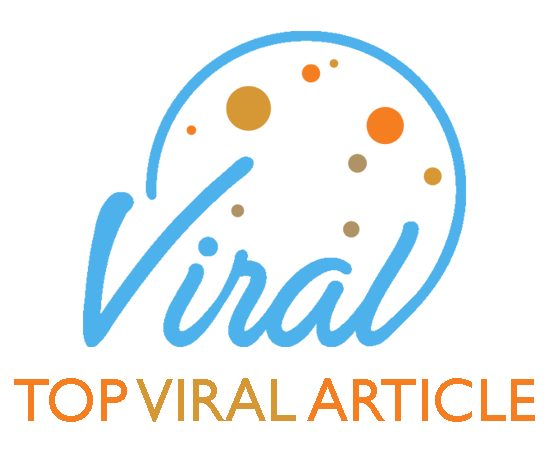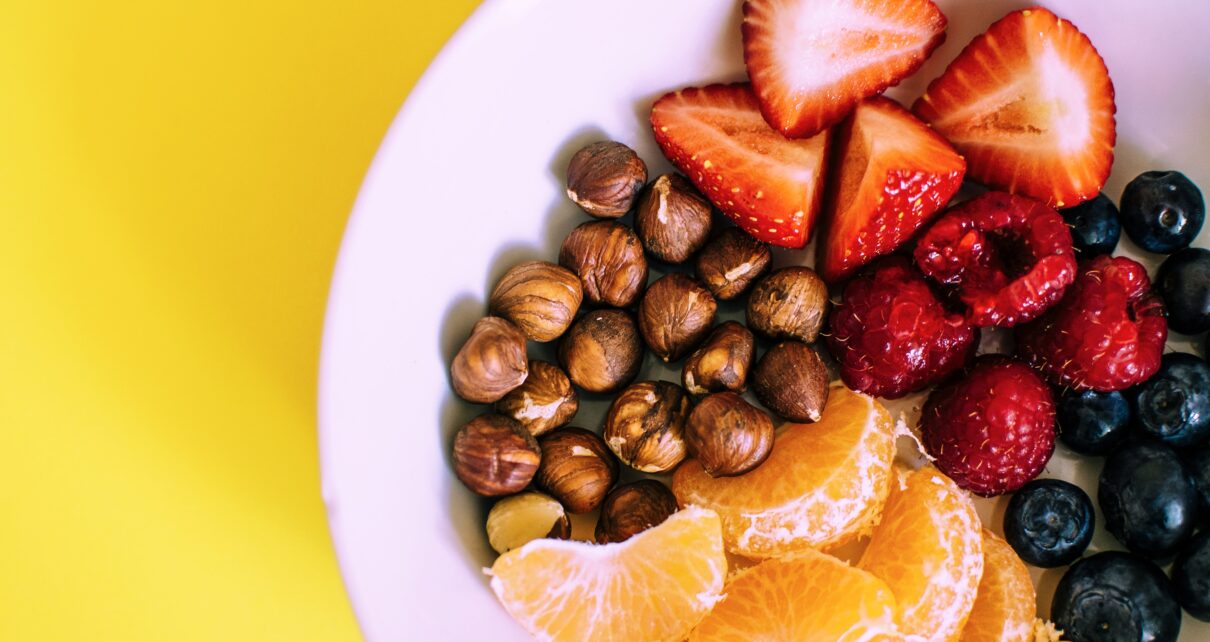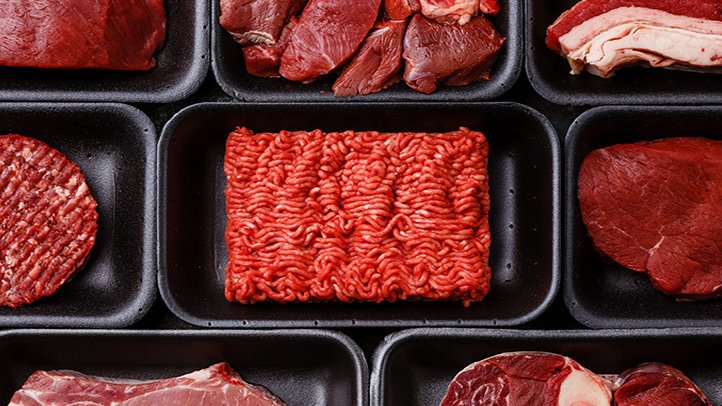Testosterone levels in men have undergone a noticeable decline in recent decades, with today’s levels falling short of those recorded half a century ago. This concerning trend, however, need not be a cause for despair. Rather than resorting immediately to hormone replacement therapy, there are proactive steps one can take to naturally enhance testosterone levels.
Dietary changes play a crucial role in this endeavour. Adopting a nutritionally balanced diet, rich in essential nutrients, can significantly impact testosterone production. Incorporating foods high in vitamin D, zinc, and omega-3 fatty acids has been linked to promoting healthy testosterone levels. Additionally, managing carbohydrate intake and avoiding excessive alcohol consumption can positively influence hormonal balance.
Before considering more drastic measures, exploring these natural interventions proves to be beneficial for many. By making strategic dietary changes, individuals can contribute to the restoration of healthier testosterone levels, fostering overall well-being and vitality.
1. Lower Your Intake of Carbohydrates and Sugars
Excessive consumption of sugars, carbohydrates, processed foods, and calories beyond your body’s requirements can lead to obesity—a key contributor to diminished testosterone levels. If you’re grappling with overweight or obesity issues, modifying your diet is a crucial step towards improvement. Aim to refine your eating habits gradually, focusing on a daily caloric deficit of approximately 500-600 calories. This approach will help ensure you receive essential nutrients while facilitating weight loss, which is instrumental in boosting testosterone levels.

2. Eliminate Alcohol From Your Life
Moderate drinking might not have severe effects, but research indicates that habitual alcohol consumption significantly hampers the body’s testosterone production capabilities. If you’re a frequent drinker experiencing symptoms such as mood swings, depression, fatigue, reduced libido, weight gain, or erectile dysfunction, these could be signs of low testosterone levels, with alcohol potentially being a contributing factor. Try abstaining from alcohol for three months and observe any improvements in your well-being and symptoms.
3. Avoid These Foods To Maintain Testosterone Levels
Some foods are detrimental to testosterone production either because they’re high in estrogen or they have indirect effects on your body which lead to low testosterone levels.
These are the foods to avoid:
- Mint
- Dairy products
- Soy-based products (tofu, edamame, soy milk, tempeh, etc.)
- Bread
- Pastries
- Baked foods
- Sugar
- Flaxseed
- Processed foods containing HFCS
- Licorice root
- Nuts
- Trans fats
- Processed meats
- Diet sodas
- Processed vegetable oils
While it might appear challenging to avoid a lengthy list of foods, making these dietary adjustments can lead to a noticeable increase in energy and an enhanced sense of well-being. This positive change is often a sign of rising testosterone levels. Therefore, the benefits of cutting out certain foods far outweigh the sacrifices, especially when you start to feel significantly better. In the journey towards boosting your testosterone and overall health, remember that sometimes the foods you exclude from your diet are just as crucial, if not more so, than the ones you include. Making mindful choices about what not to eat can be a key strategy in enhancing your well-being.
4. Intermittent Fasting
Intermittent fasting stands out as a powerful strategy to enhance your testosterone levels. Begin by fasting for 16 hours daily, allocating an 8-hour window for all your meals. Over time, aim to narrow this eating period to approximately 3-4 hours, extending your fasting window to about 20-21 hours. This practice triggers autophagy, a process where your body naturally detoxifies and repairs itself in the fasted state, leading to numerous health benefits.
As you adapt to this regimen, you’ll notice a significant reduction in sugar cravings, fostering a healthier relationship with food. Additionally, intermittent fasting promotes more stable blood sugar levels, facilitating easier weight loss. Your body enters a state of ketosis, opting to burn fat over glucose for energy, which not only aids in weight management but also has been linked to increased testosterone levels according to research. Embracing intermittent fasting can be a transformative step towards boosting your overall health and testosterone. Source
5. Eat These Foods
Just as certain foods can hinder testosterone production, others can significantly enhance it. Foods rich in zinc, vitamin D (specifically D3), and antioxidants are known to support better health and boost testosterone levels. Incorporating the following foods into your diet can be a game-changer for men looking to increase their testosterone:
Fatty Fish: Omega-3 fatty acids are essential for optimal body function, and fatty fish like salmon, sardines, and mackerel are excellent sources. Research supports the positive impact of these nutrients on testosterone levels. For those not fond of fish, fish oil supplements (such as salmon or krill oil) are a great alternative to get your omega-3s.
Bananas: Beyond being an energy booster, bananas contain the enzyme bromelain, which aids in testosterone production.
Oysters: Known for their aphrodisiac properties, oysters are also zinc-rich, which is vital for boosting testosterone levels and promoting sexual health in both men and women.
Eggs: A superb source of protein and vitamin D, eggs defy the myth that they significantly affect cholesterol levels. Incorporating two eggs daily into your diet can support healthy testosterone levels without negatively impacting cholesterol.
Leafy Green Vegetables: Vegetables like kale, spinach, Swiss chard, and collard greens are not only magnesium-rich but also packed with numerous micronutrients essential for testosterone production. For those who prefer not to eat them whole, juicing is an excellent option.

Ginger: A well-known anti-inflammatory, ginger also plays a role in hormone balance and testosterone production, enhancing sperm quality and fertility. It can be consumed as tea, added to dishes, or taken as a supplement.
Onions: Despite their strong taste, onions are beneficial for testosterone boosting. They are especially popular among athletes for their health benefits. Raw onions can be added to salads or dishes, though some may experience indigestion.
Other testosterone-friendly foods include avocados, berries, pomegranates, dark chocolate, shellfish, mushrooms, coconut oil, grass-fed beef, and turmeric. Aim to incorporate a variety of these foods into your daily meals for optimal benefits.
Always consult with your doctor about dietary changes, especially if you’re on medication, to avoid potential food-drug interactions, such as with raw onions. Is The All-Meat Diet Healthy Or Crazy?
Conclusion
Dedicate the next 3-4 months—or however long it takes—to follow the advice outlined in this article, aiming for an ideal body fat percentage of around 14%-15%. Once you achieve this milestone, it’s wise to get a comprehensive blood test to assess your testosterone levels.
Should your levels fall within the normal range, you can confidently continue with your current lifestyle choices. However, if your testosterone levels remain low, consulting with your doctor about potential testosterone therapy options may be the next step. Prioritizing natural methods first is always advisable, as holistic solutions tend to offer long-term benefits.
Remember, the journey to optimal health and balanced testosterone levels is a marathon, not a sprint. Patience and consistency with these natural strategies can lead to significant improvements in your overall well-being.






